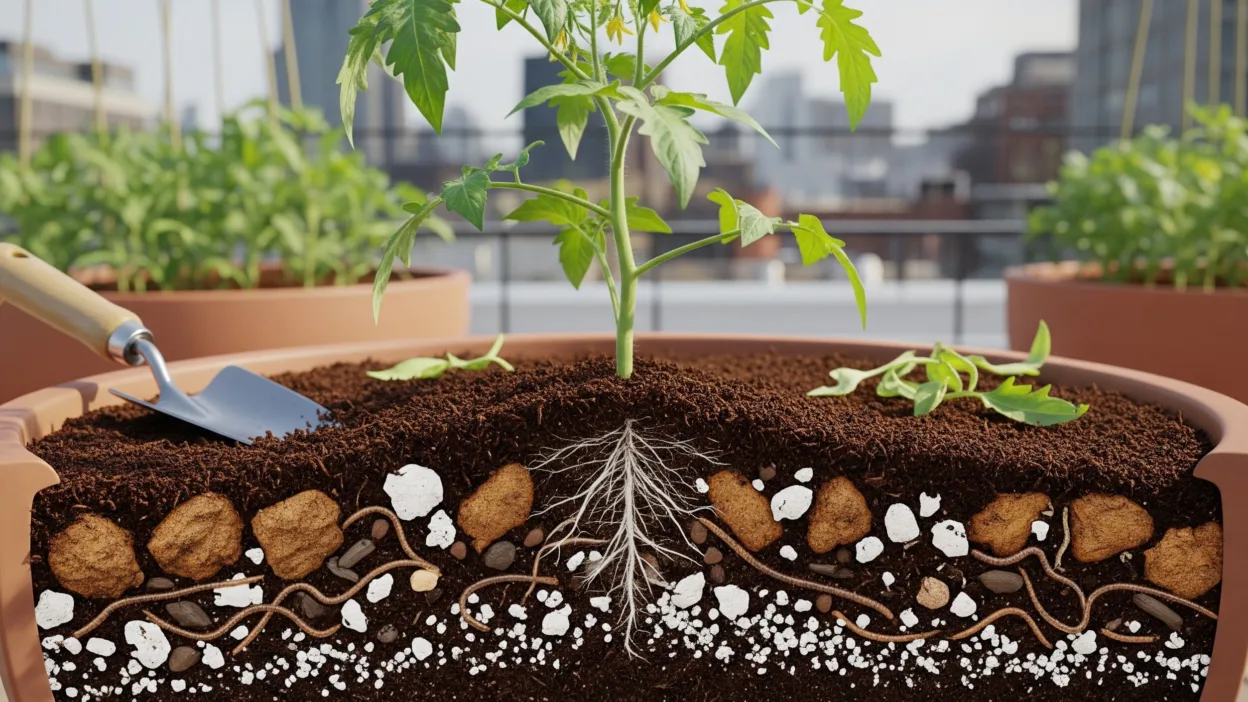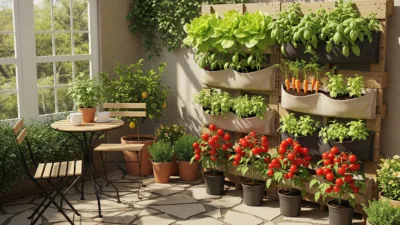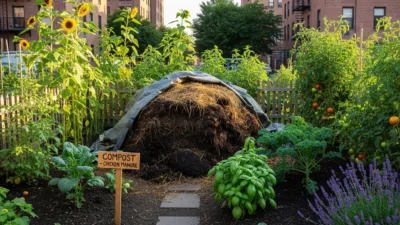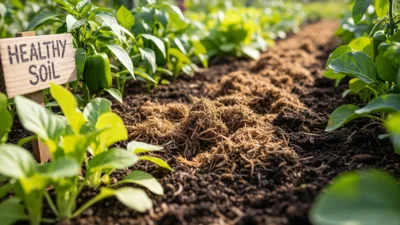Growing vegetables in containers is one of the most efficient ways to produce fresh food in small spaces. But the secret to healthy, productive plants isn’t just sunlight and water, it’s all in the soil. When you’re gardening in pots, grow bags, or buckets, choosing the best soil for container vegetables can make or break your harvest.
In this guide, we’ll walk you through what makes great soil, how to build your own mix, and which ready made options give the best results for container gardening success.
Why Soil Quality Matters in Containers
Unlike garden beds, containers limit your plants’ access to nutrients, microbes, and water. That’s why soil for container vegetables must be:
- Well-draining to prevent root rot
- Nutrient-rich to support steady growth
- Lightweight and aerated so roots can breathe
- Moisture-retentive without getting soggy
Using plain garden soil is a mistake because it’s too dense, may carry pests or weed seeds, and often leads to compacted roots.
Characteristics of the Best Soil for Container Vegetables
Here’s what the ideal container vegetable soil looks like:
1. Loamy Texture
A balanced mix of sand, silt, and clay. It holds moisture without suffocating the roots and drains well.
2. Rich in Organic Matter
Organic materials like compost and worm castings feed plants naturally and improve soil structure.
3. Well-Aerated
Air pockets are critical for root health. Perlite, vermiculite, or coco coir help keep soil loose and fluffy.
4. Nutrient Balanced
Healthy vegetable growth requires a good mix of nitrogen (leafy growth), phosphorus (roots and flowers), and potassium (fruit and disease resistance).
Best Store Bought Soil Mixes for Container Vegetables
If you’re buying pre-made soil, look for potting mixes labeled for vegetables or edibles not just general purpose potting soil.
Top Recommended Brands:
- FoxFarm Ocean Forest: Organic, nutrient-rich, and great for tomatoes, peppers, and herbs.
- Espoma Organic Potting Mix: Mycorrhizae-enhanced for root growth and disease resistance.
- Miracle-Gro Performance Organics: Affordable and widely available, boosted with compost.
- ProMix Vegetable and Herb Mix: Designed specifically for edibles, with moisture retention and slow-release nutrients.
Avoid mixes that contain chemical fertilizers if you’re aiming for organic gardening.
DIY Container Soil Mix for Vegetables (Budget Friendly & Customizable)
Want to build your own high quality soil for containers? Use this proven formula:
DIY Recipe (Per 10 gallons):
- 5 gallons of coconut coir or peat moss (for water retention)
- 3 gallons of compost or worm castings (for nutrients)
- 2 gallons of perlite or vermiculite (for drainage and aeration)
- Optional: 1–2 cups of organic fertilizer (like blood meal, bone meal, or a balanced NPK blend)
Mix thoroughly and pre-moisten before filling your containers.
Tips to Maintain Healthy Soil in Containers
Even the best soil needs maintenance. Here’s how to keep your container garden thriving:
- Top dress with compost every 4–6 weeks during growing season
- Avoid reusing old soil without replenishing it add compost and aerators each season
- Flush the soil with water occasionally to prevent salt buildup from fertilizers
- Rotate crops to reduce pest and nutrient imbalances
Soil for Specific Container Vegetables
Tomatoes & Peppers
Love rich, loamy, well-draining soil with extra calcium. Add crushed eggshells or lime.
Leafy Greens
Need nitrogen-rich, moisture-retentive mixes. Compost-heavy soils are ideal.
Carrots & Root Crops
Prefer loose, sandy mixes with fewer large chunks for easier root development.
Herbs
Do best in slightly drier, well-drained soil with moderate nutrients and don’t over-fertilize.
Common Soil Mistakes in Container Gardening
- Using garden soil or topsoil: too heavy and poor draining
- Not enough drainage: always ensure pots have holes
- Skipping organic matter: leads to poor root development
- Overwatering: soggy soil suffocates roots and promotes disease
- Using “moisture control” soils for all plants: they may stay too wet for some vegetables
Final Thoughts
The key to success in container gardening is starting with the best soil for container vegetables. Whether you buy premium organic mixes or make your own blend, focus on drainage, nutrition, and root health. With the right soil, even a tiny patio or balcony can become a bountiful mini farm.
Grow smarter, not harder and let your soil do the heavy lifting.



